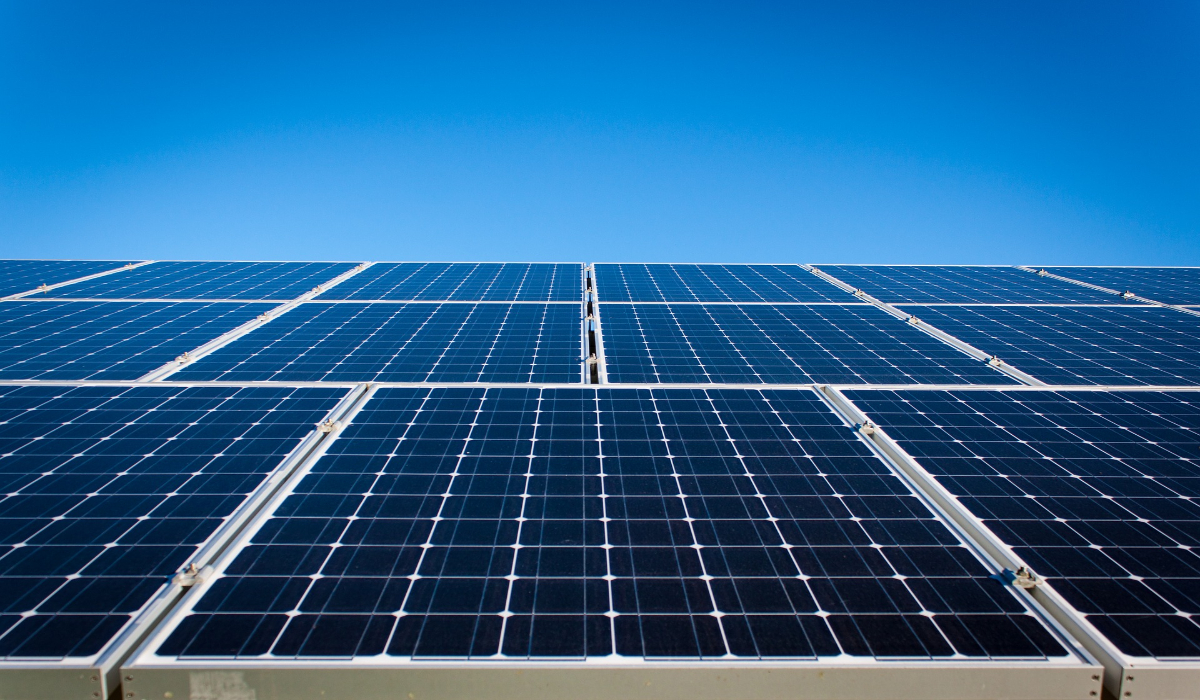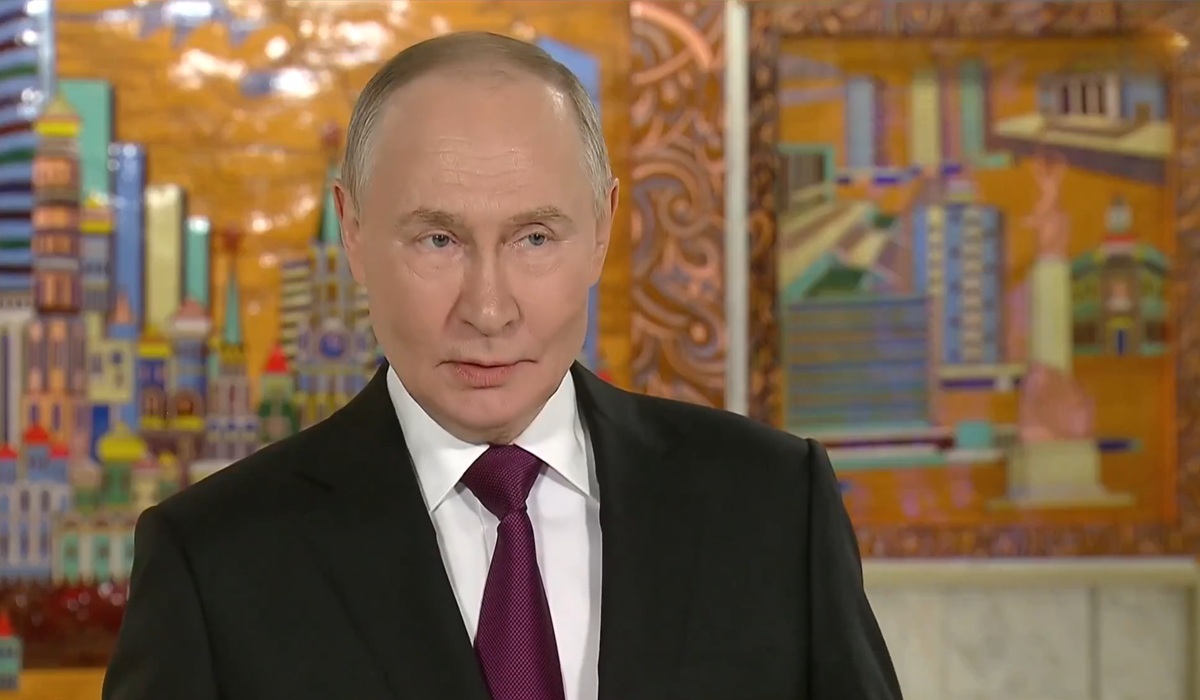India Solar PV Module Market Is Estimated To Witness High Growth Owing To Rising Renewable Energy Targets
- Ronak Shah
- U.S.A
- January 28, 2025

The India Solar PV Module Market is estimated to be valued at US$ 8.5 Bn in 2024 and is expected to exhibit a CAGR of 9.5% over the forecast period 2024- 2031, as highlighted in a new report published by Coherent Market Insights’ The India solar PV module market is expected to witness significant growth over the forecast period.
This can be attributed to rising renewable energy targets by the Indian government and declining costs of solar power generation. India has set an ambitious target of installing 100 GW of solar power by 2022 as part of its climate commitments. Further, the government aims to source 50% of India’s energy from renewable energy sources by 2030. Such favorable policies are boosting the demand for solar PV modules in the country. Additionally, continuous decline in the prices of solar modules is making solar power more affordable for commercial and residential sectors. This is also fueling the growth of the India solar PV module market.
Key Market Trends: Widespread Adoption of Rooftop Solar Projects: The declining costs of rooftop solar installations are encouraging their widespread adoption across residential and commercial sectors. According to the Indian Brand Equity Foundation, rooftop solar installations across India is projected to grow over four folds to reach 40 GW by 2022 from the current 9.5 GW. The growing adoption of net metering policies by state electricity boards is further providing impetus to rooftop solar projects. Adoption of Solar-Plus-Storage Systems
The declining prices of lithium-ion batteries are accelerating the adoption of solar-plus-storage systems. These integrated systems offer reliable power supply even during outages by storing excess solar power. They are gaining traction for commercial, industrial and residential applications owing to advantages such as reduced electricity bills and grid independence. Many state governments in India are promoting solar-plus-storage systems through financial incentives. This emerging trend is expected to drive robust growth of the India solar PV module market over the forecast period.
The India solar PV module market by type is segmented into monocrystalline, polycrystalline and thin film modules. The monocrystalline segment held the largest market share of around 35% in 2019 owing to its high conversion efficiency rates of up to 24%. Monocrystalline modules are more durable and efficient than other types. The segment is expected to grow at a CAGR of 8.5% during the forecast period.
The end user segment of India solar PV module market is divided into residential, commercial and utility. The utility segment accounted for over 60% share in 2019 due to large scale solar projects in the country. India has set an ambitious target of having 100GW of solar installations by 2022, out of which 60GW is allocated for utility projects. The utility segment is anticipated to dominate the market during the forecast years owing to government’s thrust on renewable energy.
Key Market Takeaways: India Solar PV Module Market is anticipated to witness a CAGR of 9.5% during the forecast period 2024-2031, owing to strong government support through policies like ‘Make in India’ and ‘Atmanirbhar Bharat’. On the basis of type, monocrystalline segment is expected to hold a dominant position, owing to its high efficiency. On the basis of end user, utility segment will dominate the market due to large scale installations in the country. On the basis of region, North America is expected to hold a dominant position over the forecast period, due to presence of major players in the region.
Competitor Insights: Key players operating in the India Solar PV Module market include KSK Energy Ventures, Photon Energy Systems, Waaree Energies, Vikram Solar, and Renew Power. These players are focusing on expanding their manufacturing facilities in India to leverage growth opportunities.
Recent Developments: In August, Gujarat floated 1000 MW tender exclusively for interstate projects using domestically produced cells and modules. Rajasthan, Maharashtra and Karnataka have also floated or are expected to issue large manufacturing-linked tenders soon. These state-level initiatives aim to give fillip to ‘Make in India’ modules. In June, the ministry also allowed use of renewable energy certificates for meeting corporate average fuel consumption targets, incentivizing uptake of green power. More information in full report.








